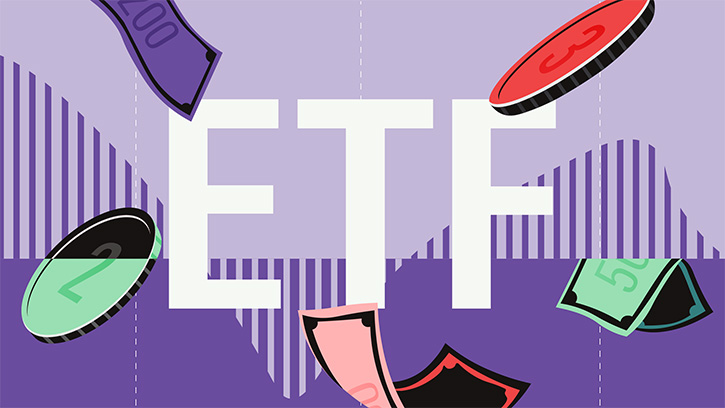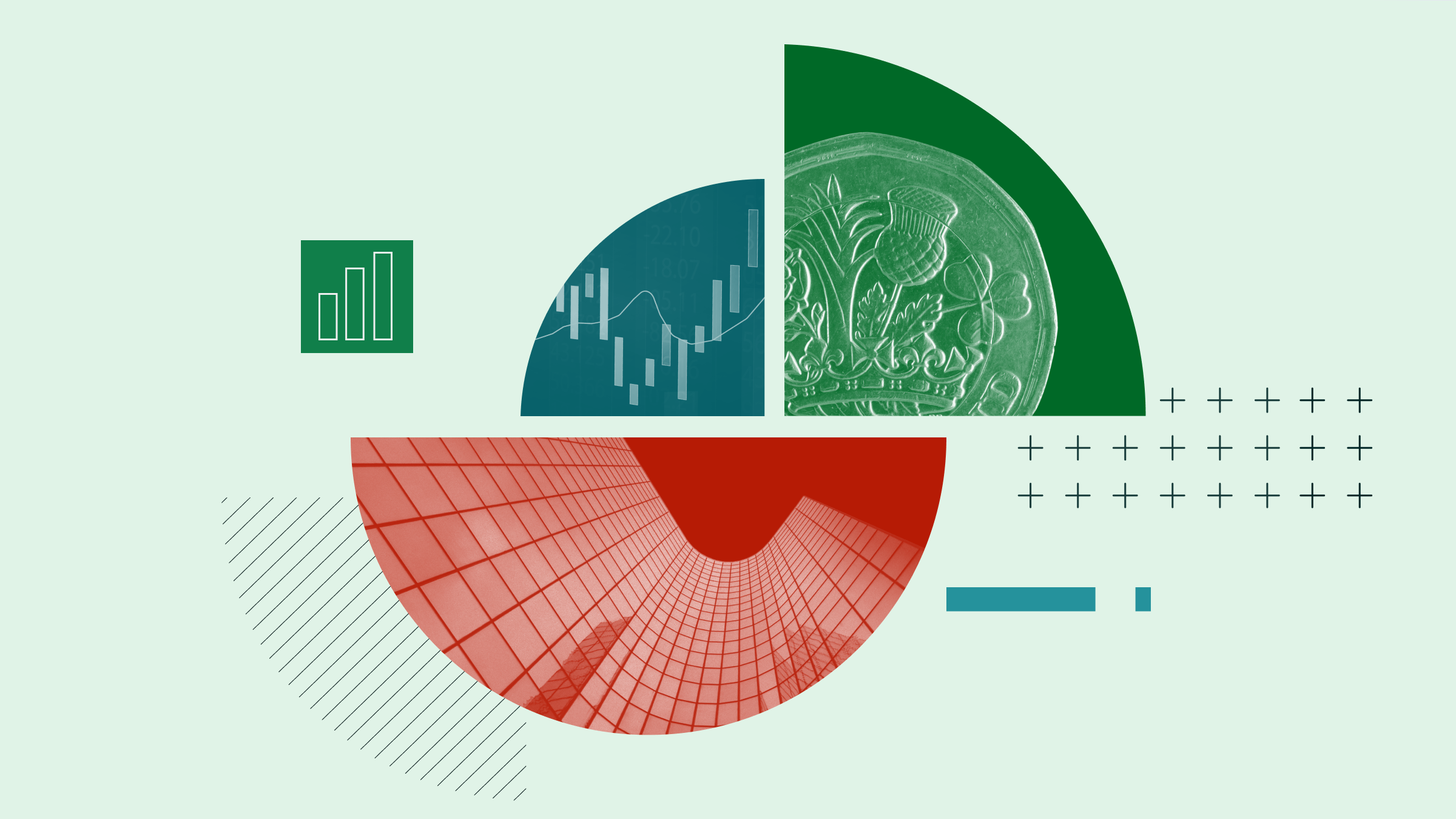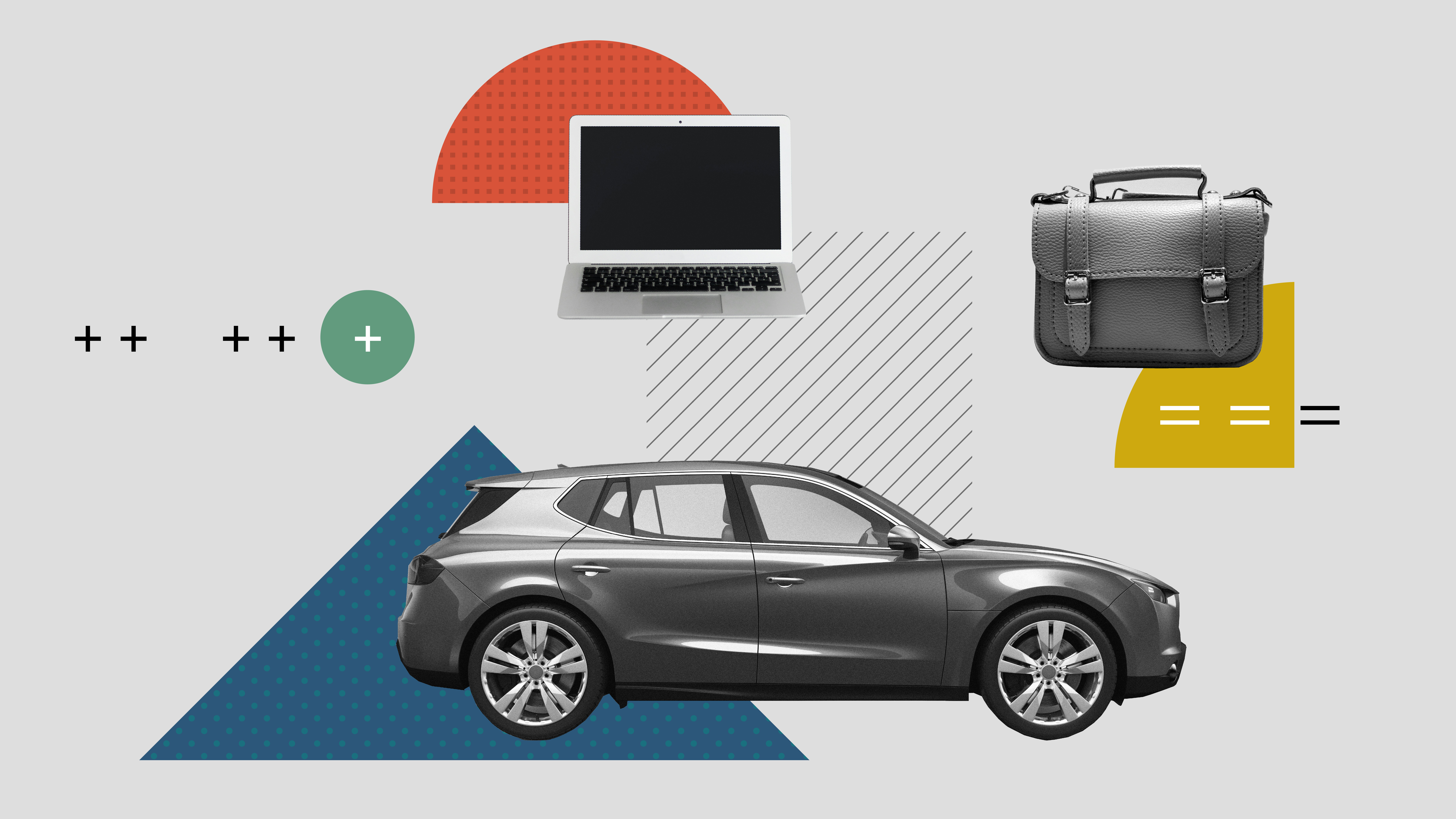Christopher Johnson: Welcome to Morningstar. My name is Christopher Johnson. Today, I'm joined in the studio by Monika Calay, Head of Manager Research UK. So, my first question to you is, why are active ETFs gaining so much momentum in Europe?
Monika Calay: Sure. So, active ETFs are gaining momentum for a few reasons. First of all, they are diversified. So, these products have low tracking error compared to other traditional mutual funds. They are benchmark aware. And so, it makes them a consideration for investors for their building blocks in the portfolio as core building blocks. And secondly, they are low cost. So, our study shows that the asset-weighted average fee is below 30 basis points, which is very appealing.
CJ: Active ETFs have grown in Europe, but they still only make up around 2% of all ETF assets on the continent. So why is their share still so modest?
MC: Sure. So, I think – well, for a few reasons. First of all, in the US, they've taken off because active ETFs have a tax advantage, which we don't have over here in Europe. And I think that generally speaking, when you think about ETFs in Europe, they are mostly passive. So, they're more well established, they have a longer track record. But let's see how this space evolves and whether they continue gaining traction.
CJ: And you talked about the cost and there's been a decrease in fees for active ETFs over the last decade. So, what has driven this?
MC: Sure. So, competition – as more asset managers are launching active ETFs, there's more competition to drive fees down. And also, technology enhancements. So as asset managers are becoming more operationally efficient, they're automating more processes, they can also lower costs for those reasons as well. And client demand. Investors love low fees, and we see more flows going into low-cost vehicles. So naturally, that's also driving this trend.
CJ: And finally, Fidelity, PIMCO and JPMorgan are the firms where most assets have gone to. But are there other issuers that you've seen that you think will dominate this market?
MC: Yes. So those are the asset managers that have gained market share. But recent news has flooded the market and we're seeing more asset managers either launching or talking about launching active ETFs. I'm talking about the likes of iShares, ARK Invest, Robeco. So, we're going to see more products being launched in this space.
CJ: Is there anything else you'd like to say about this that I haven't covered in the interview?
MC: The main things are that these funds have low active share, they are low cost, and they still only represent around 2% of ETF assets. So, it's definitely in the nascent stage still.
CJ: Monika, thank you for being here with me.
MC: Thanks, Chris.
CJ: This is Christopher Johnson from Morningstar UK.




























